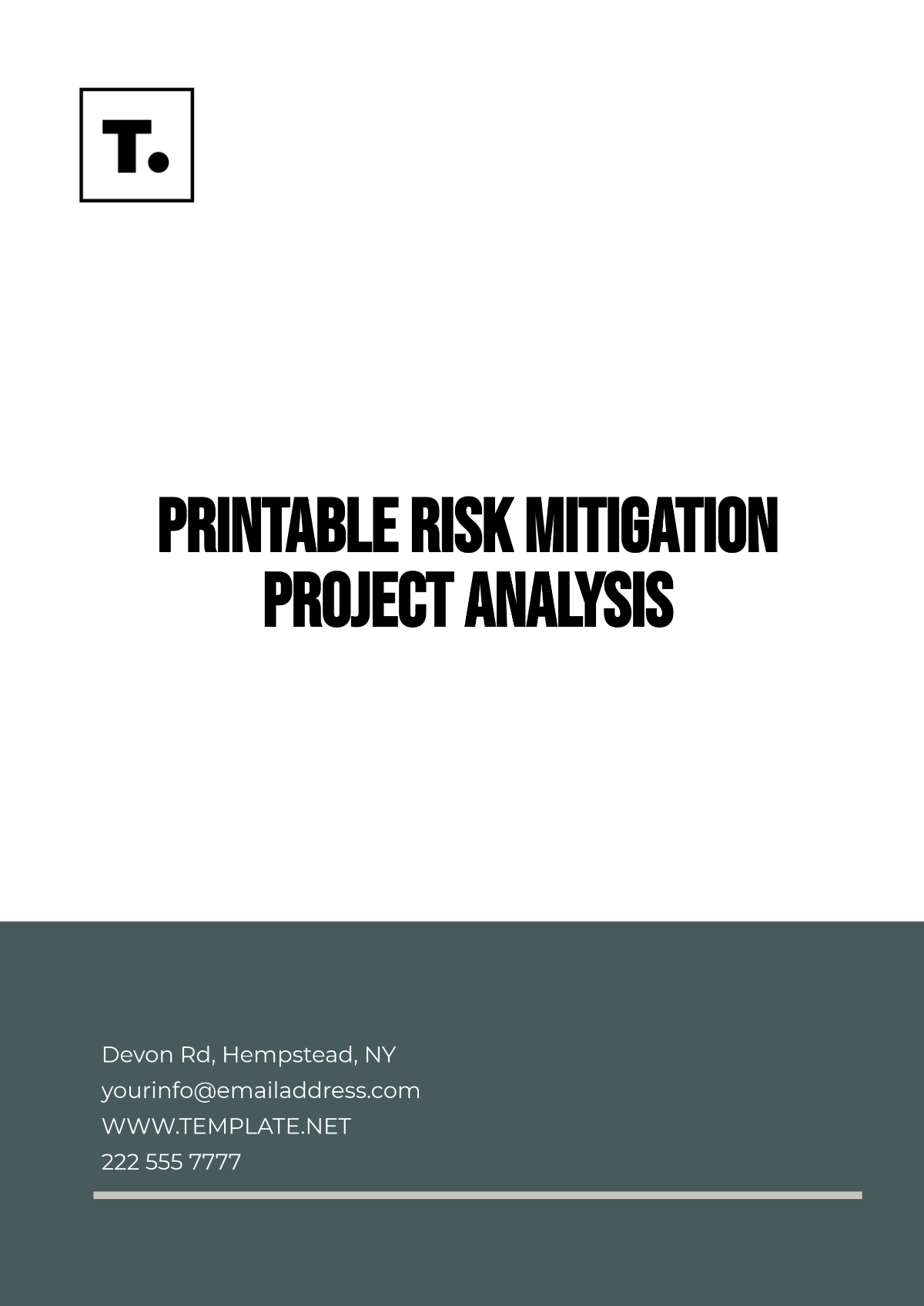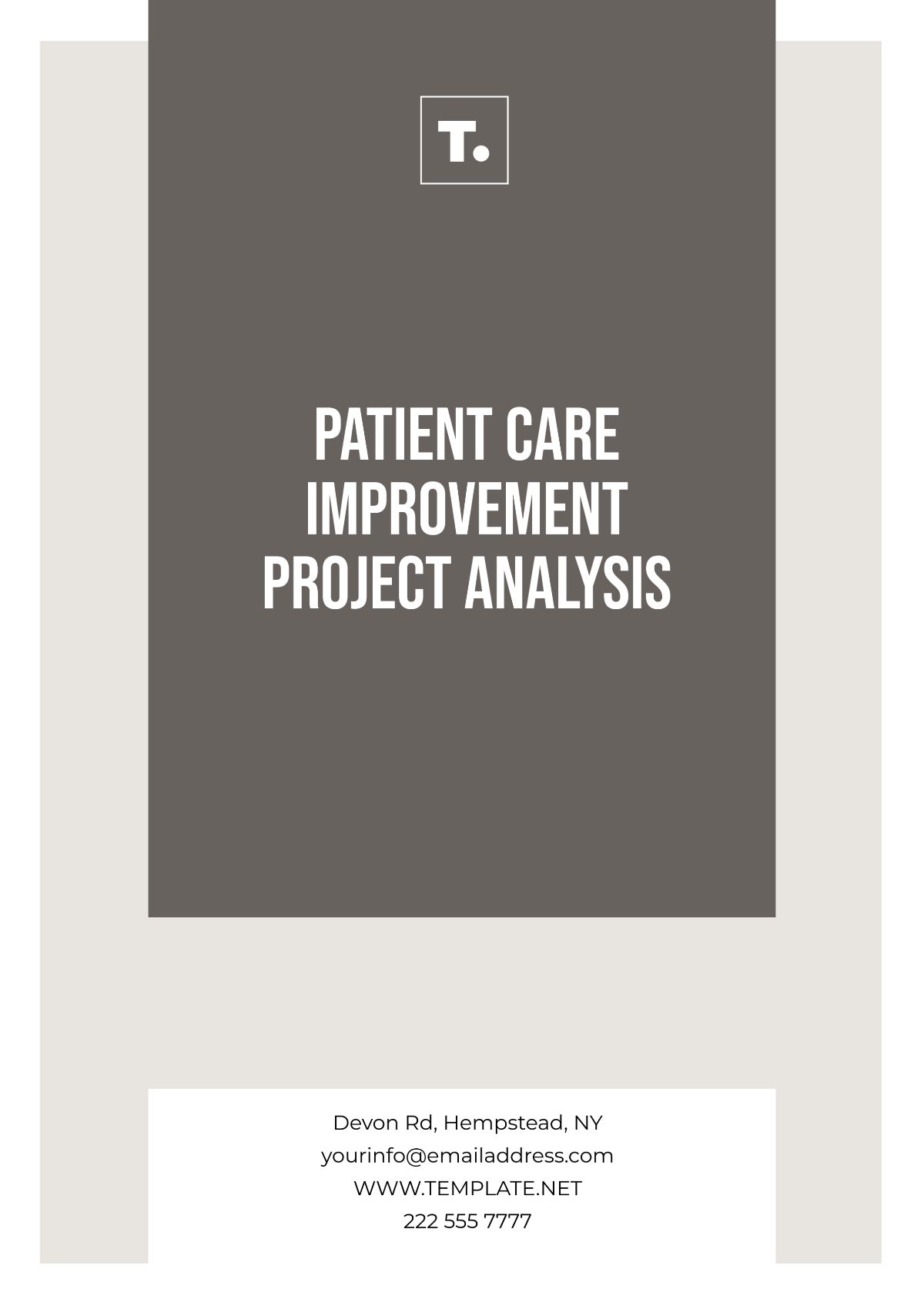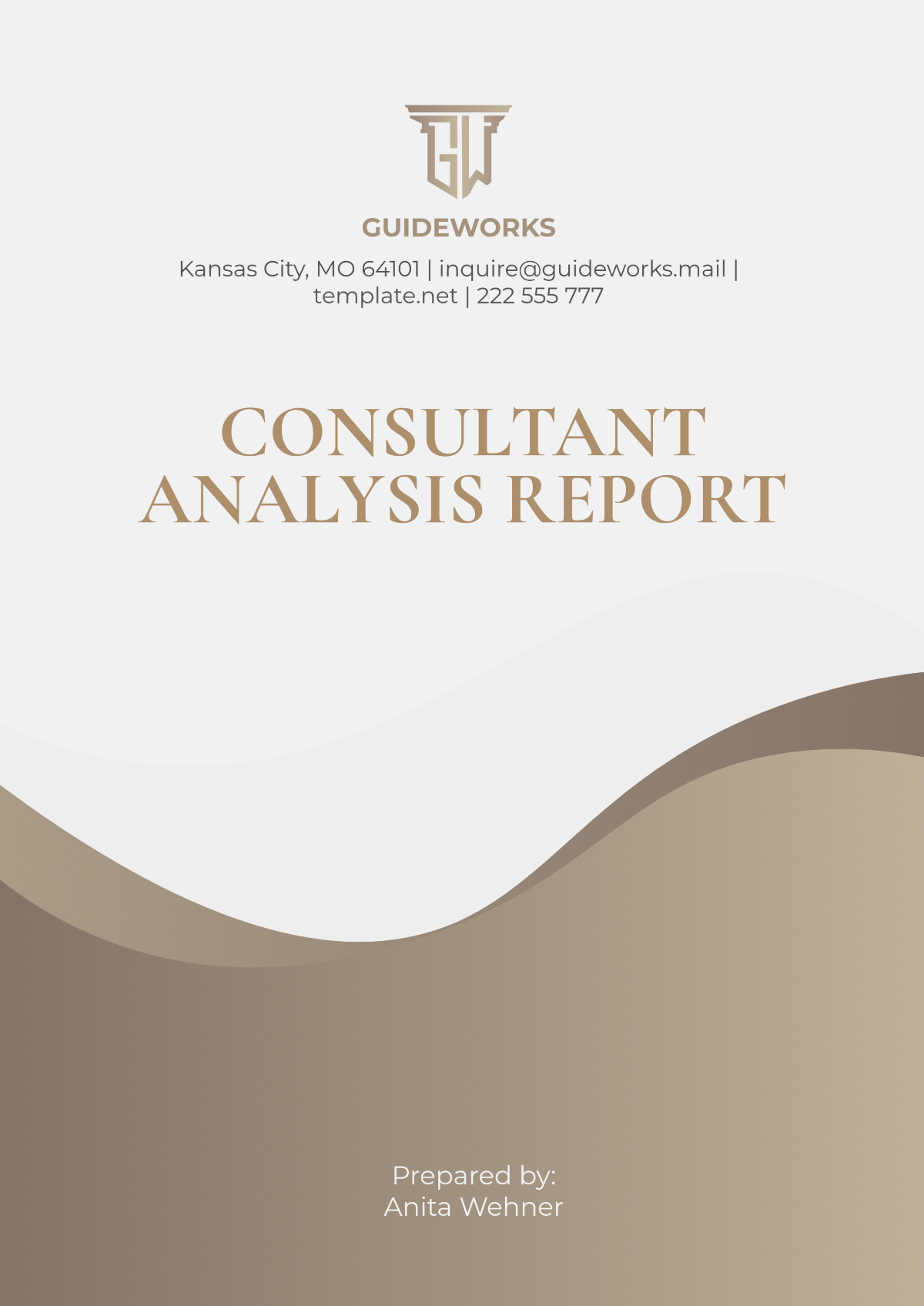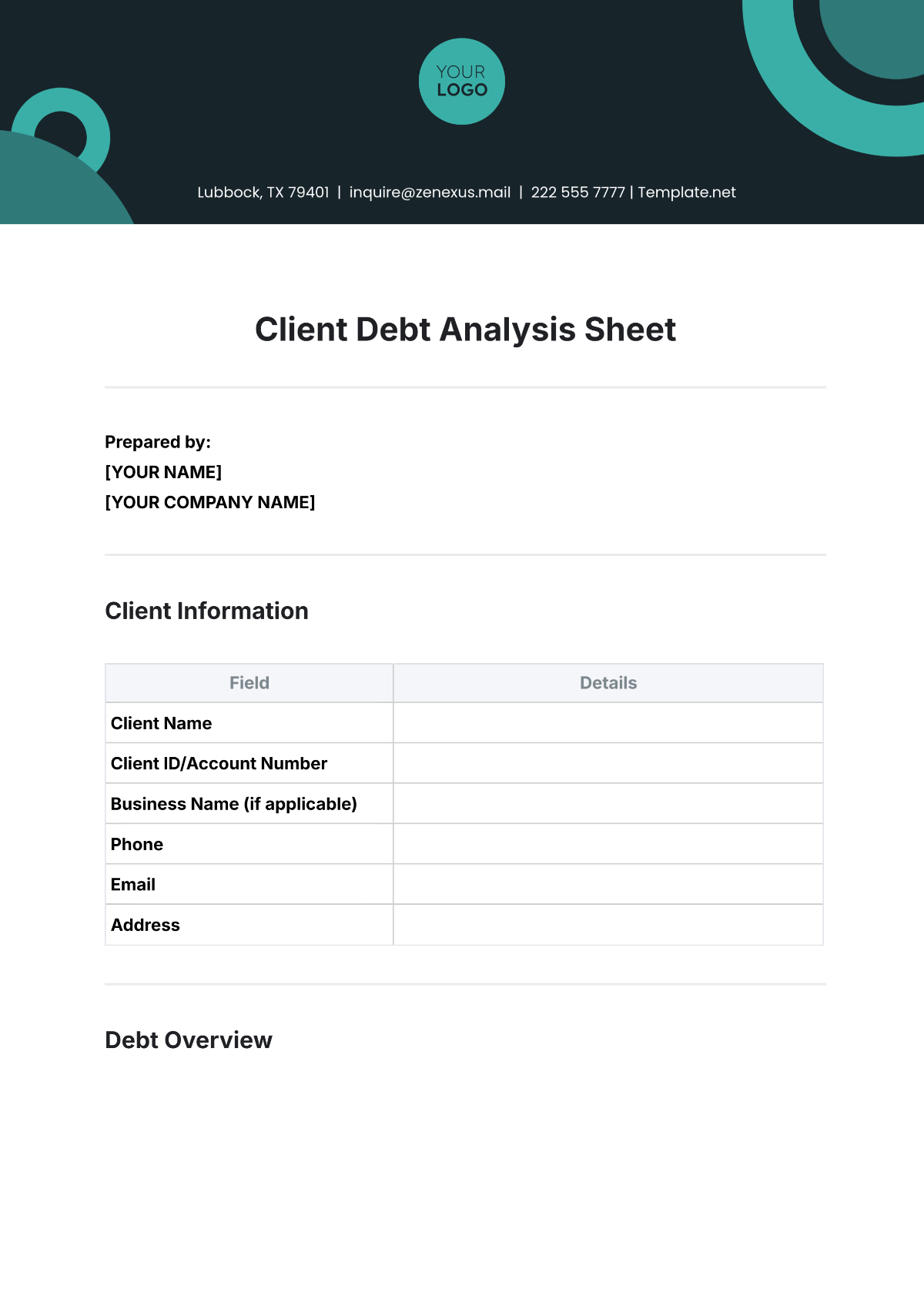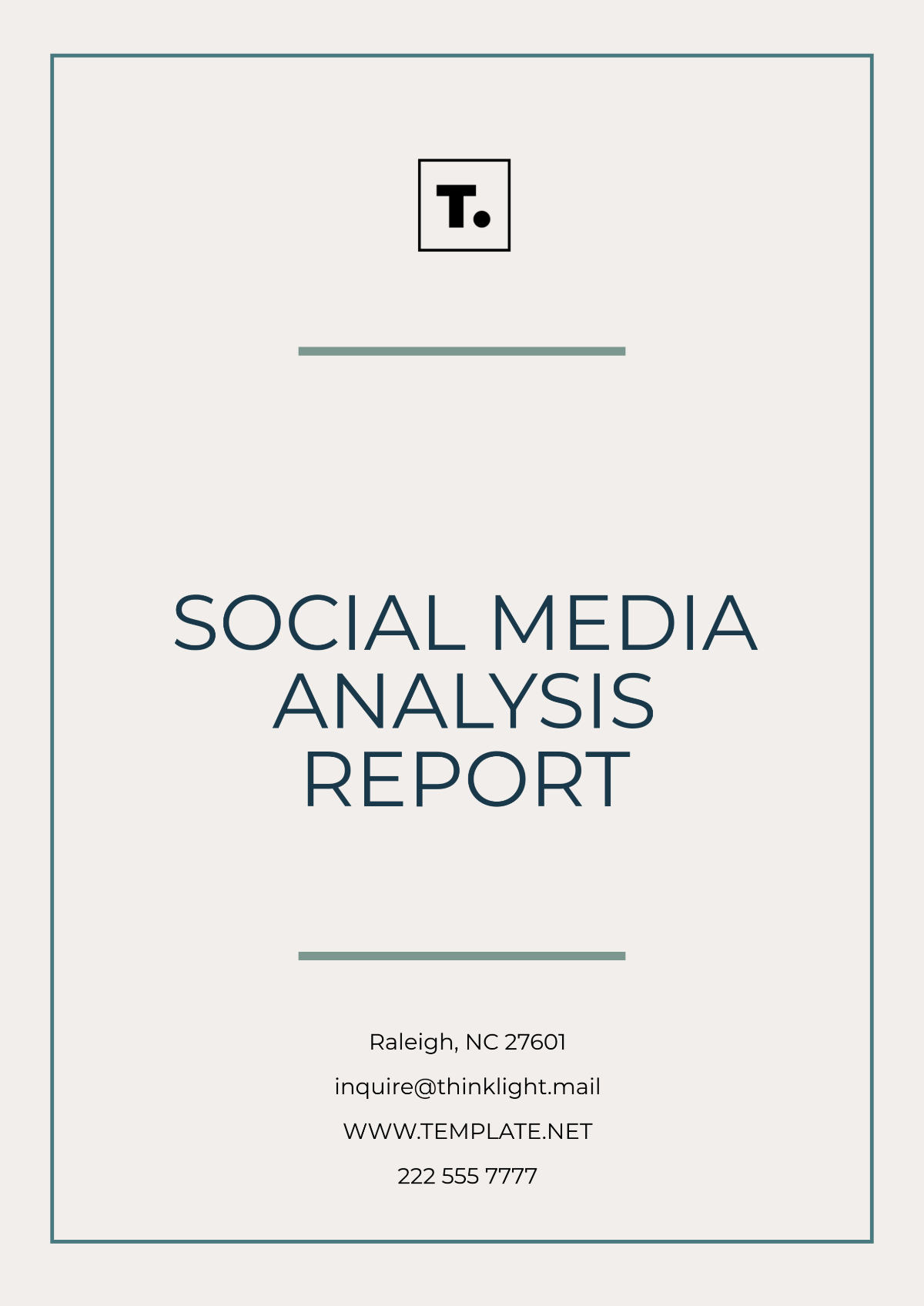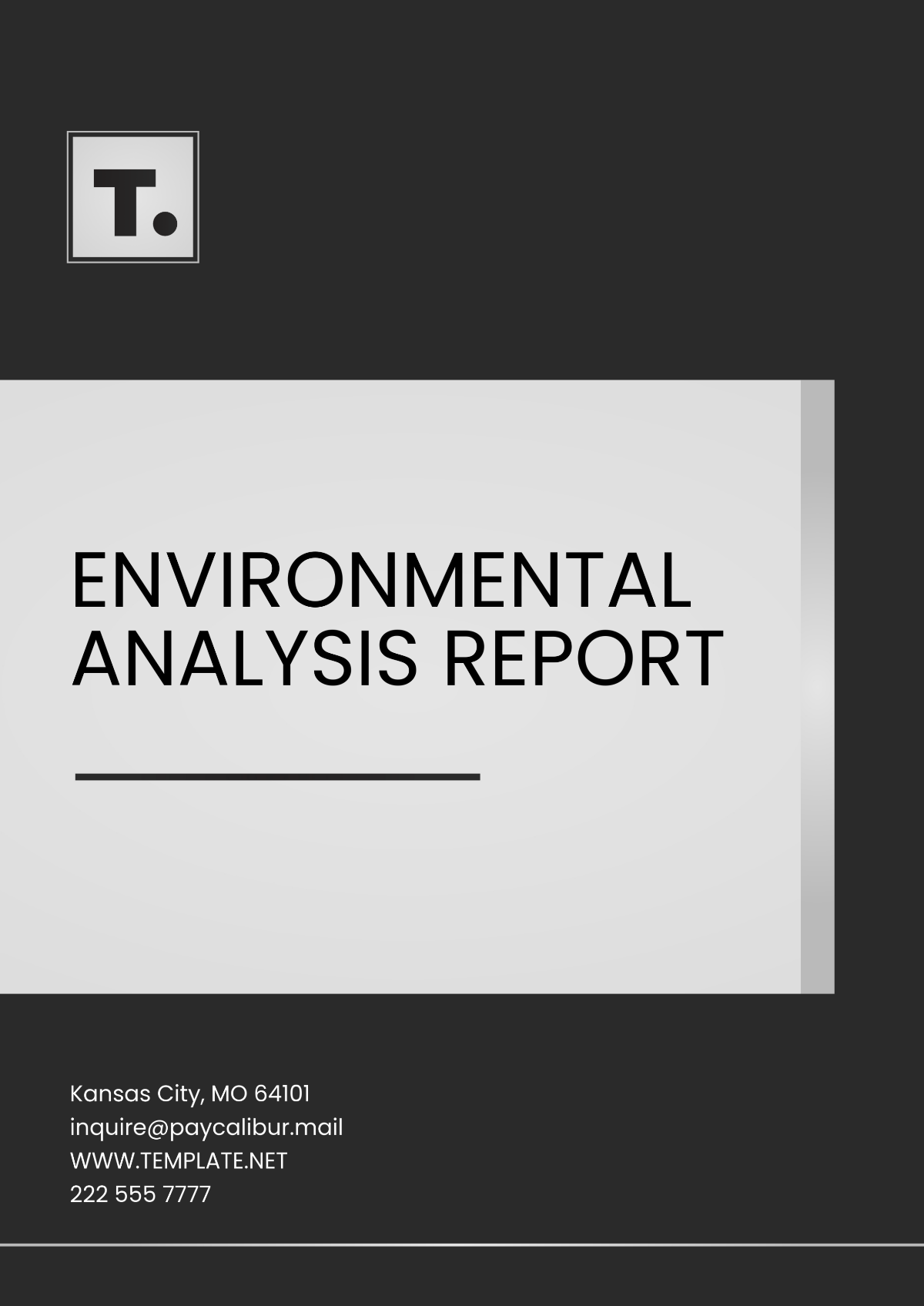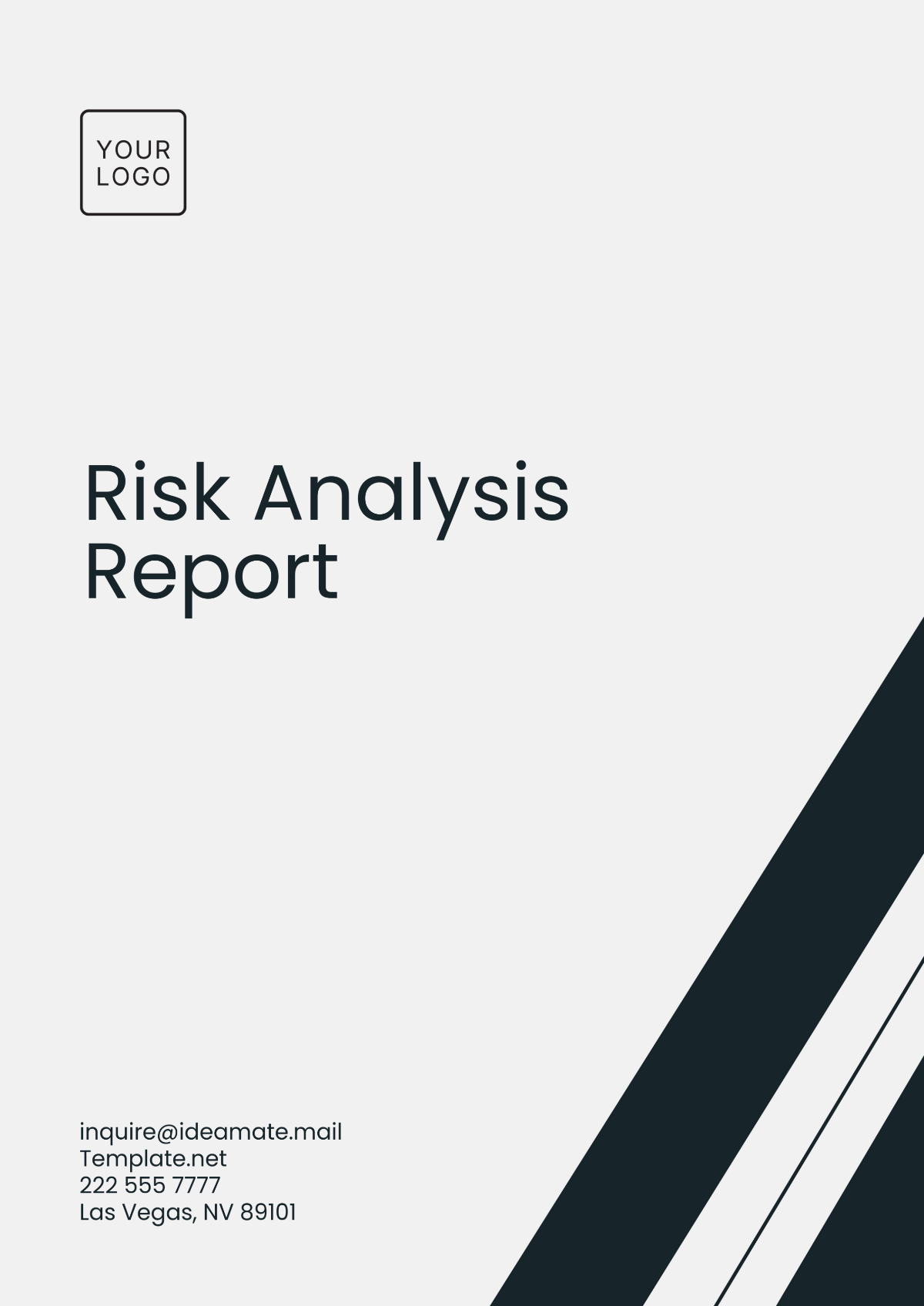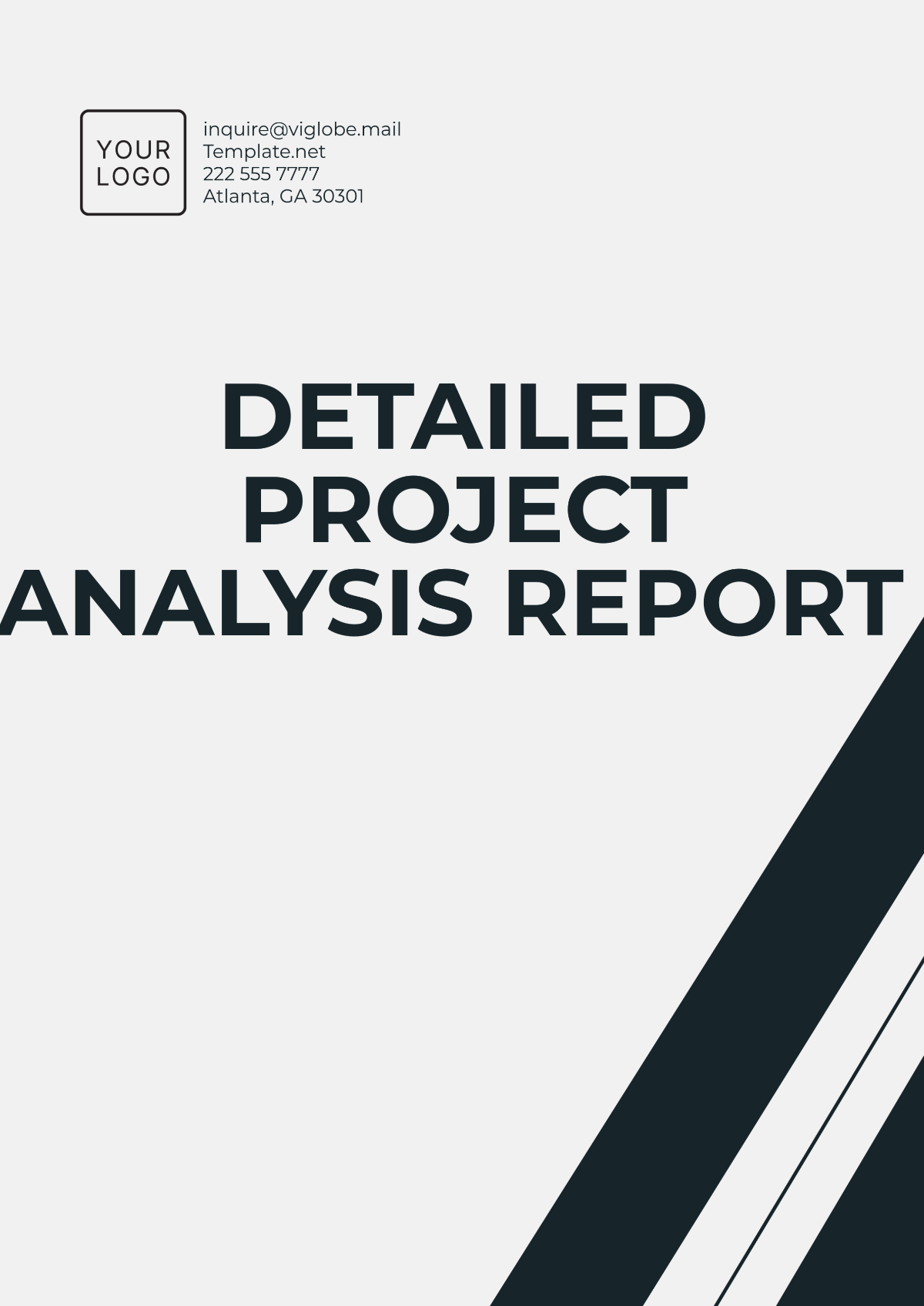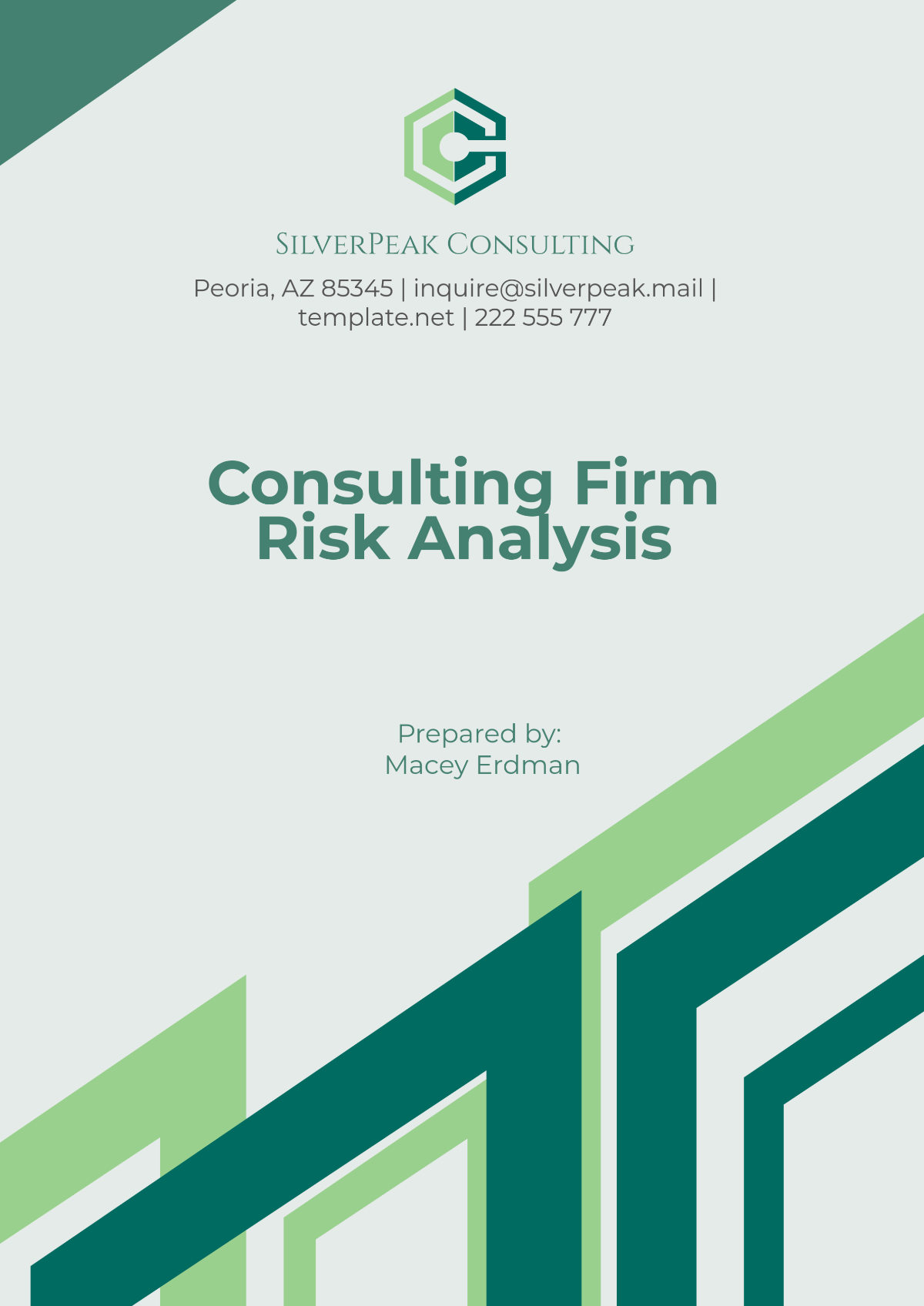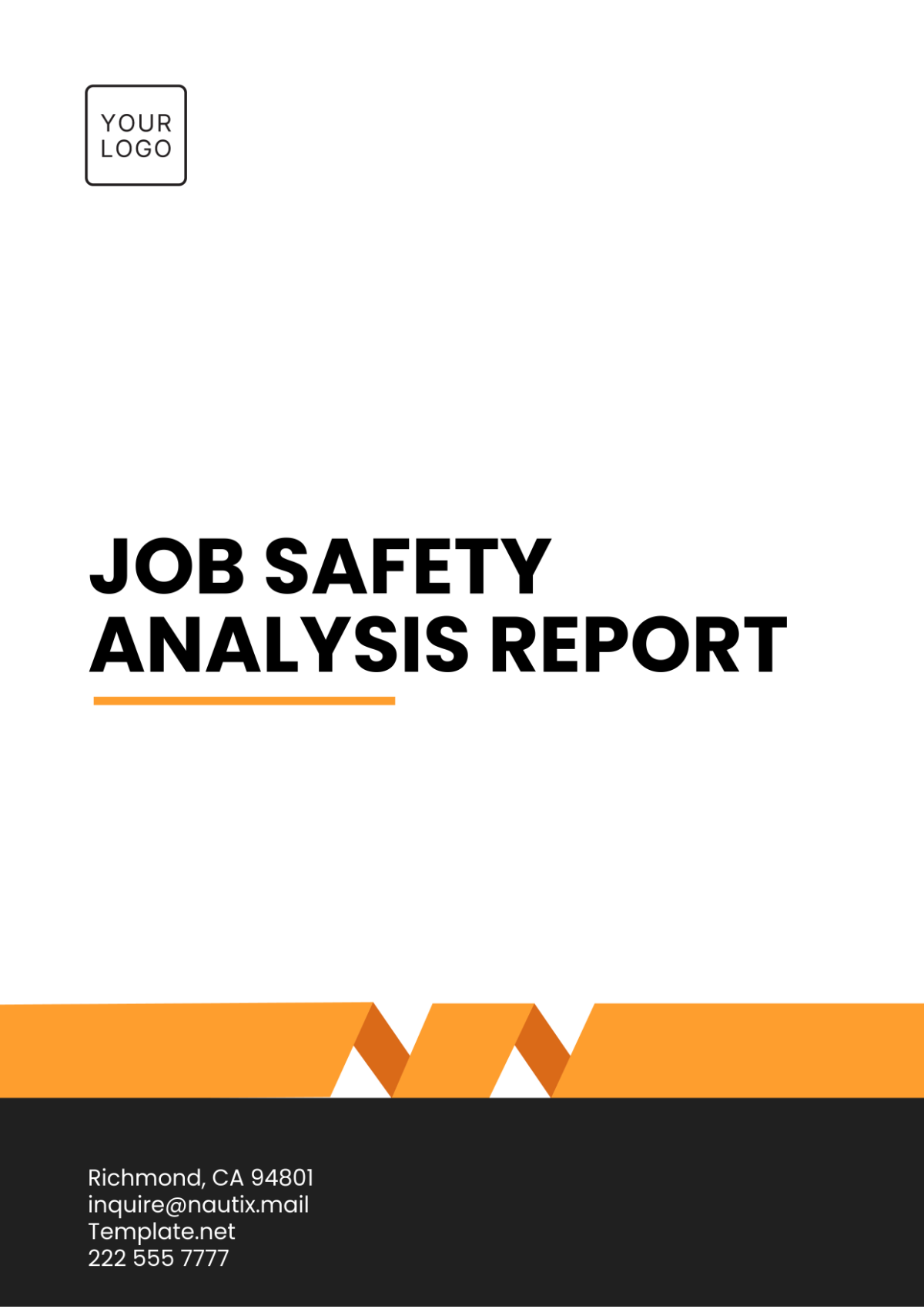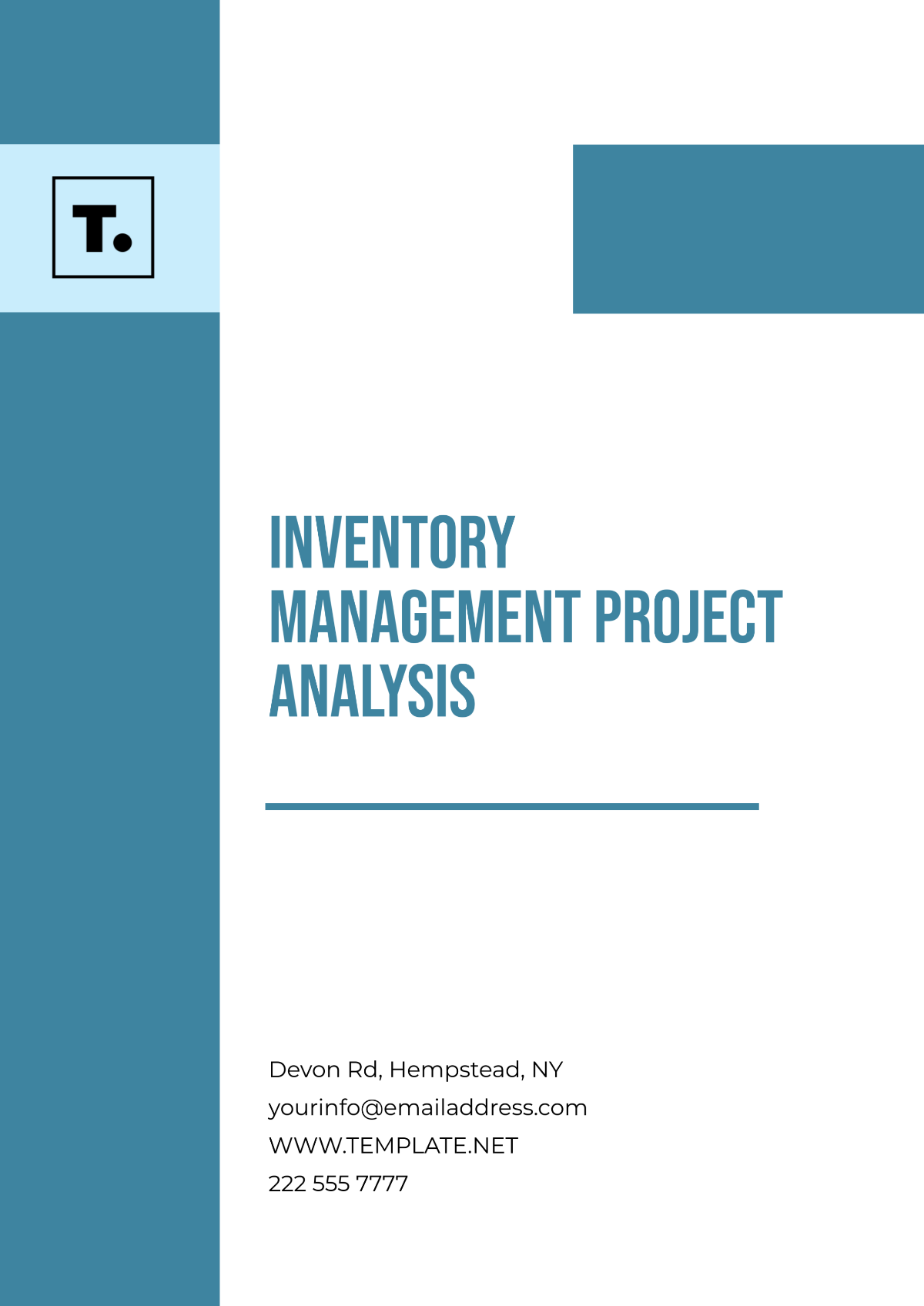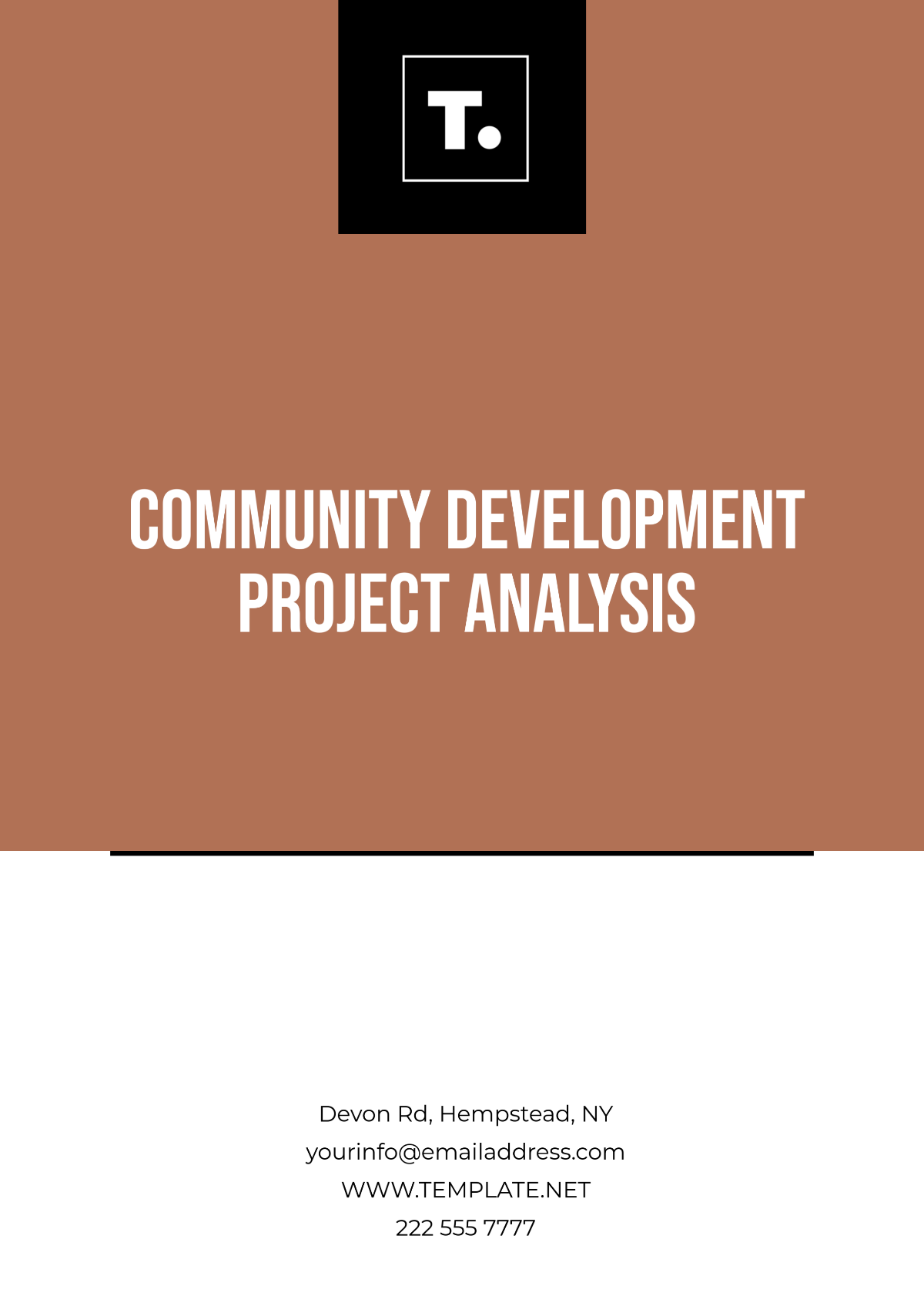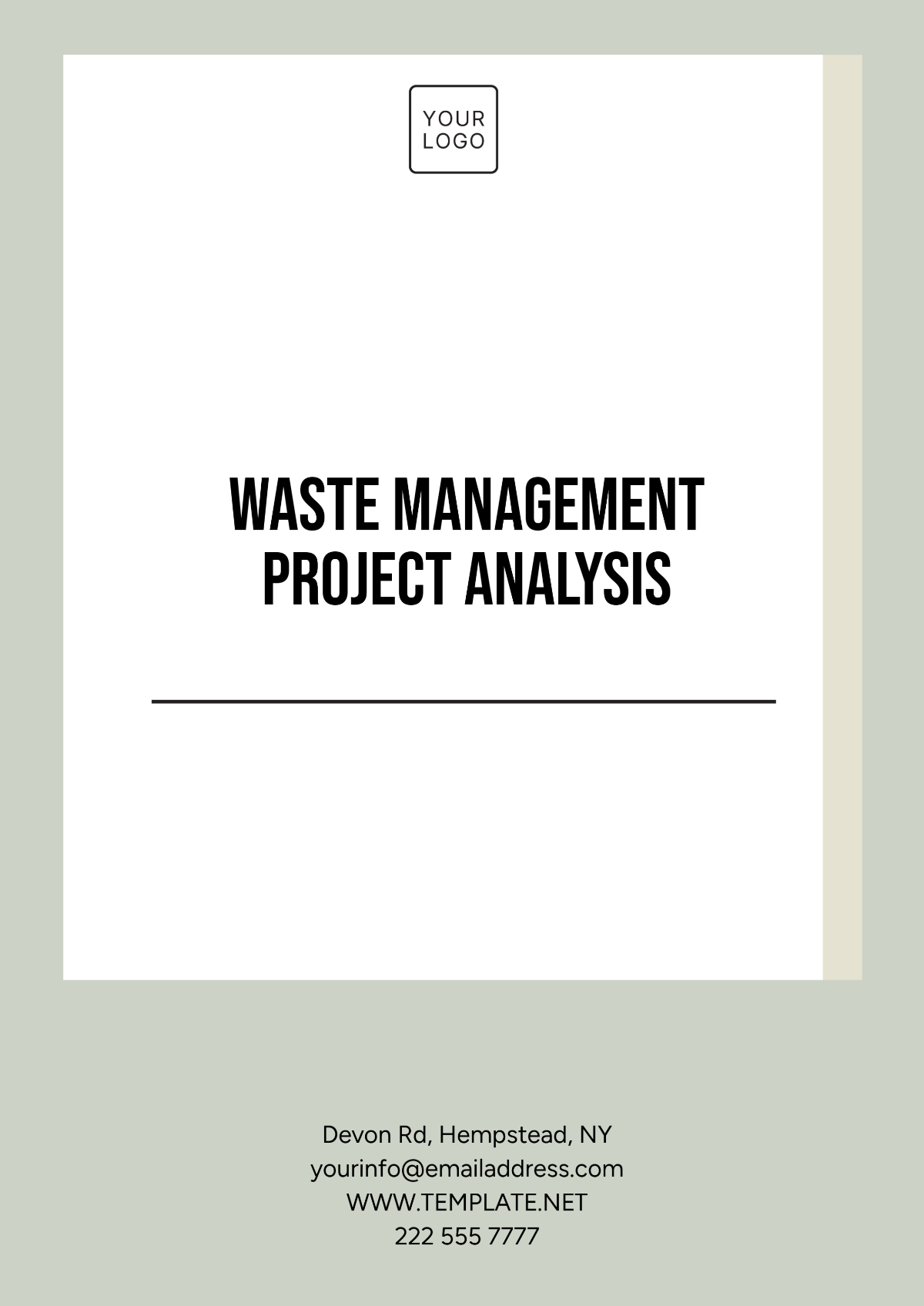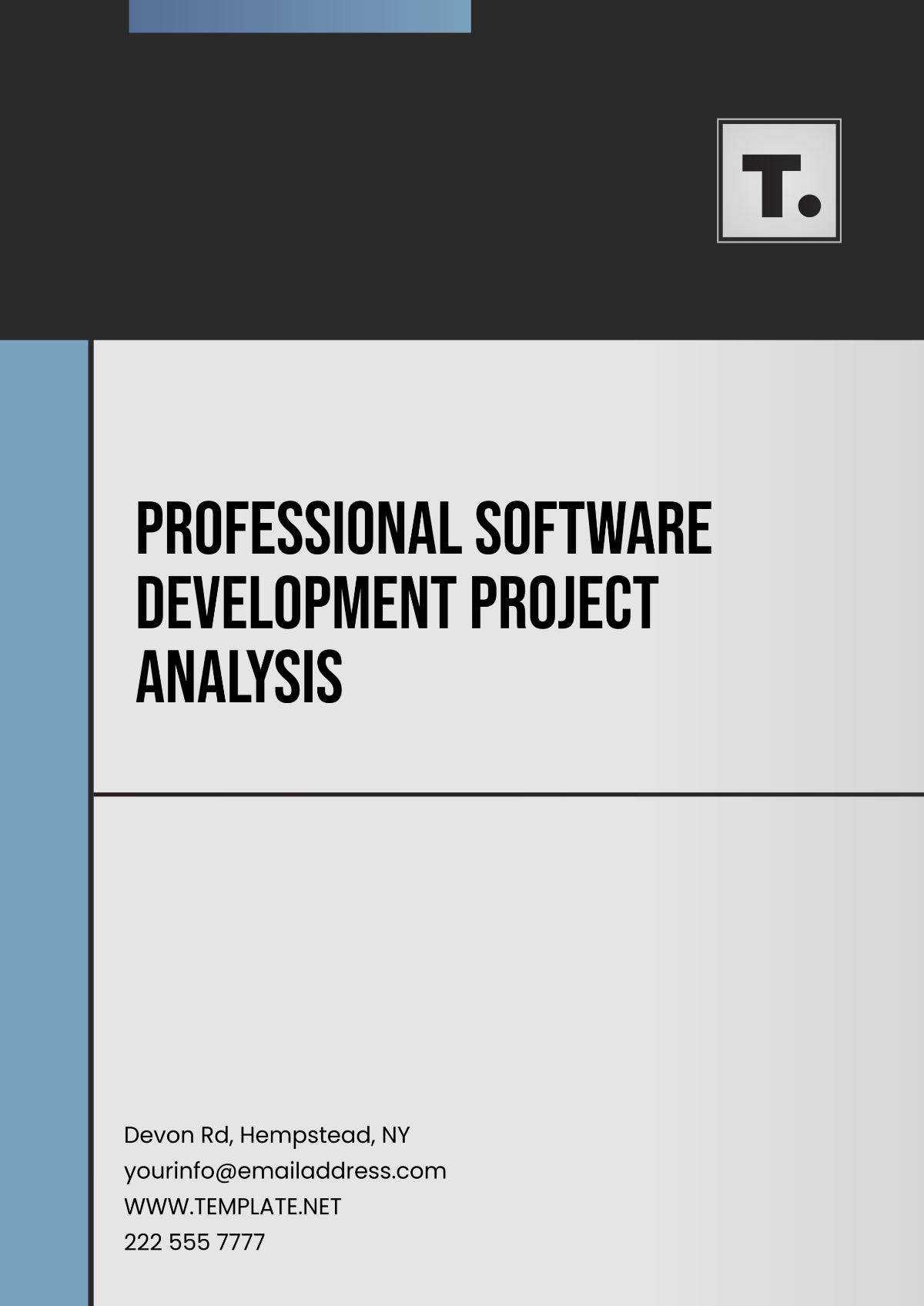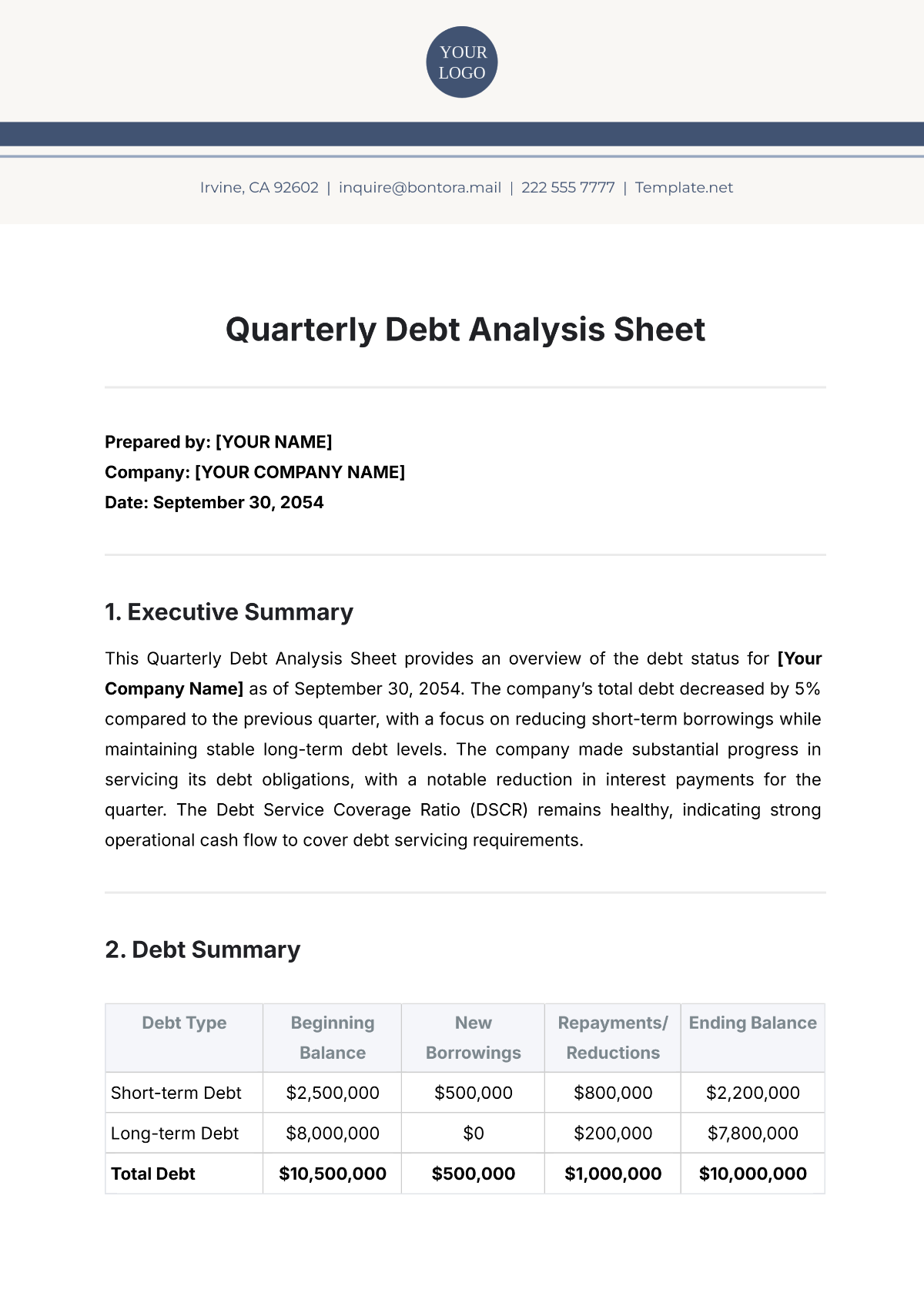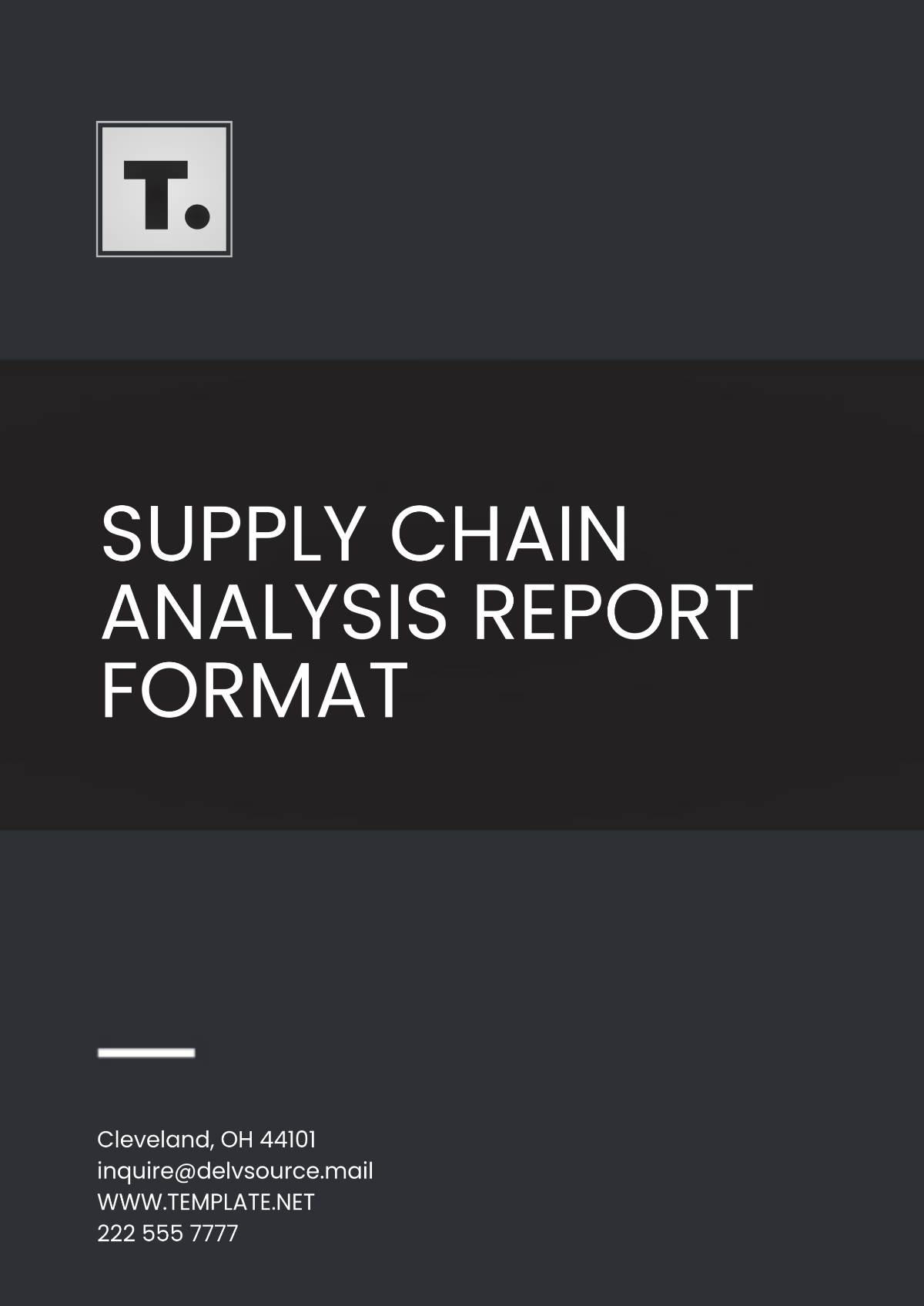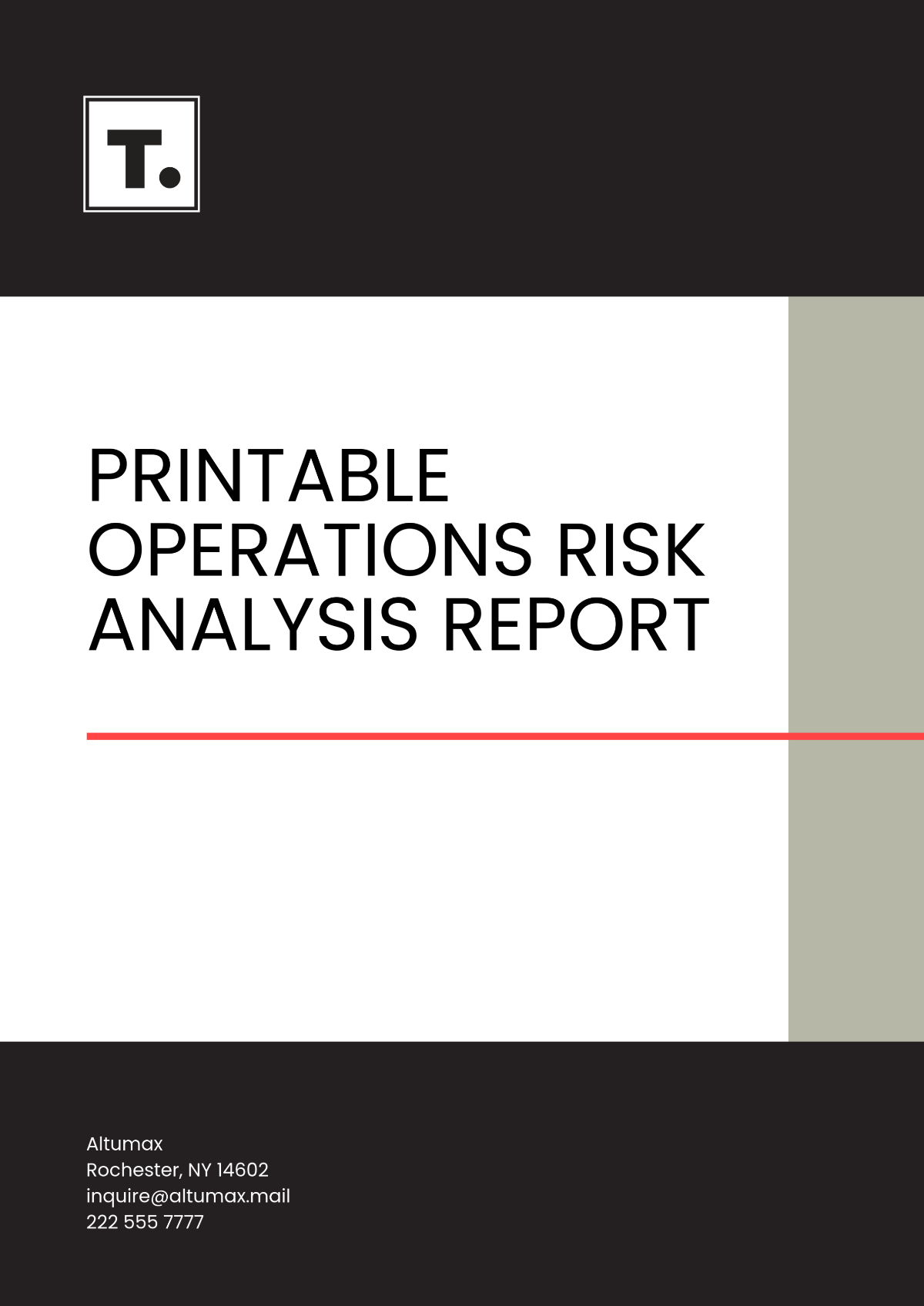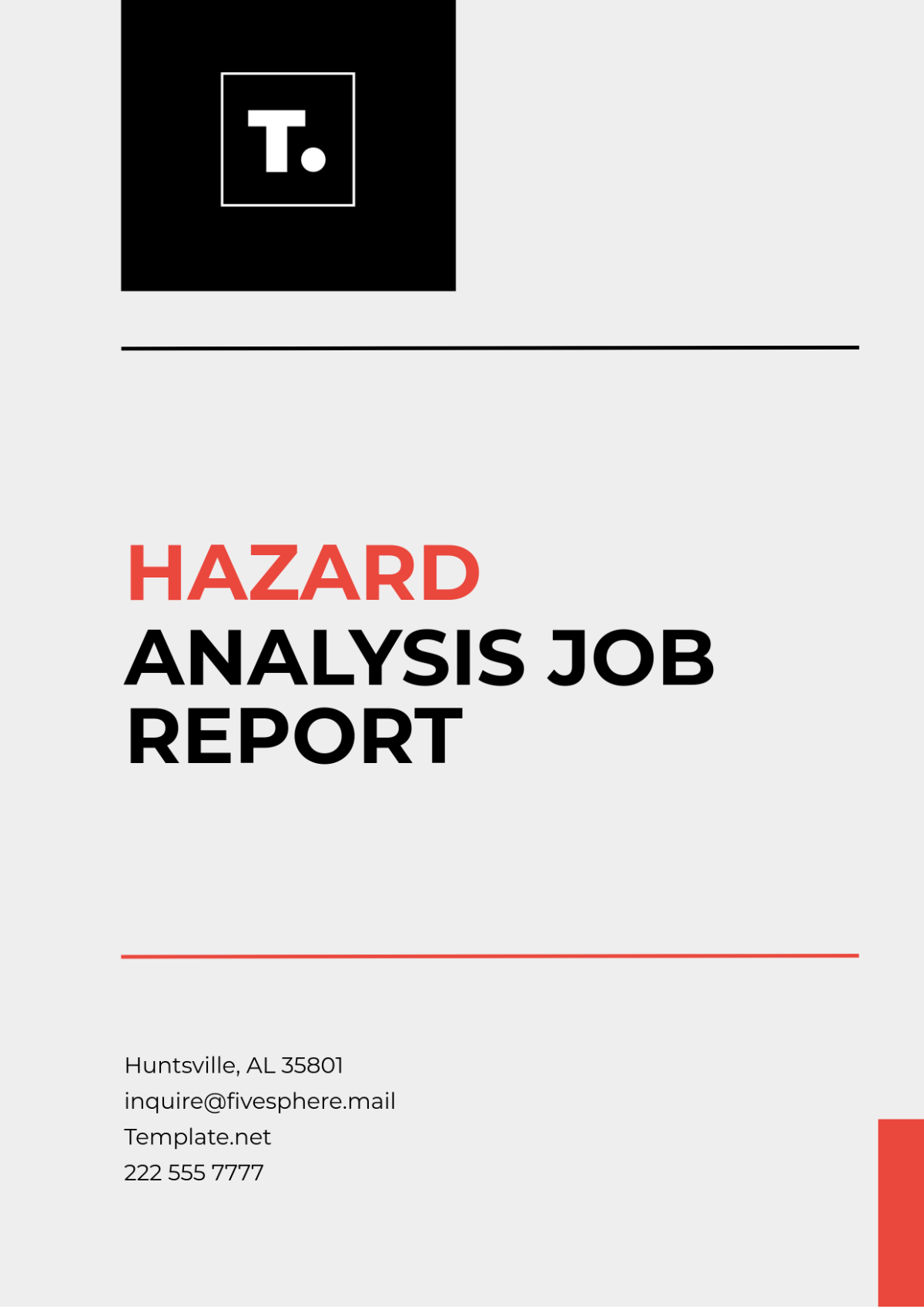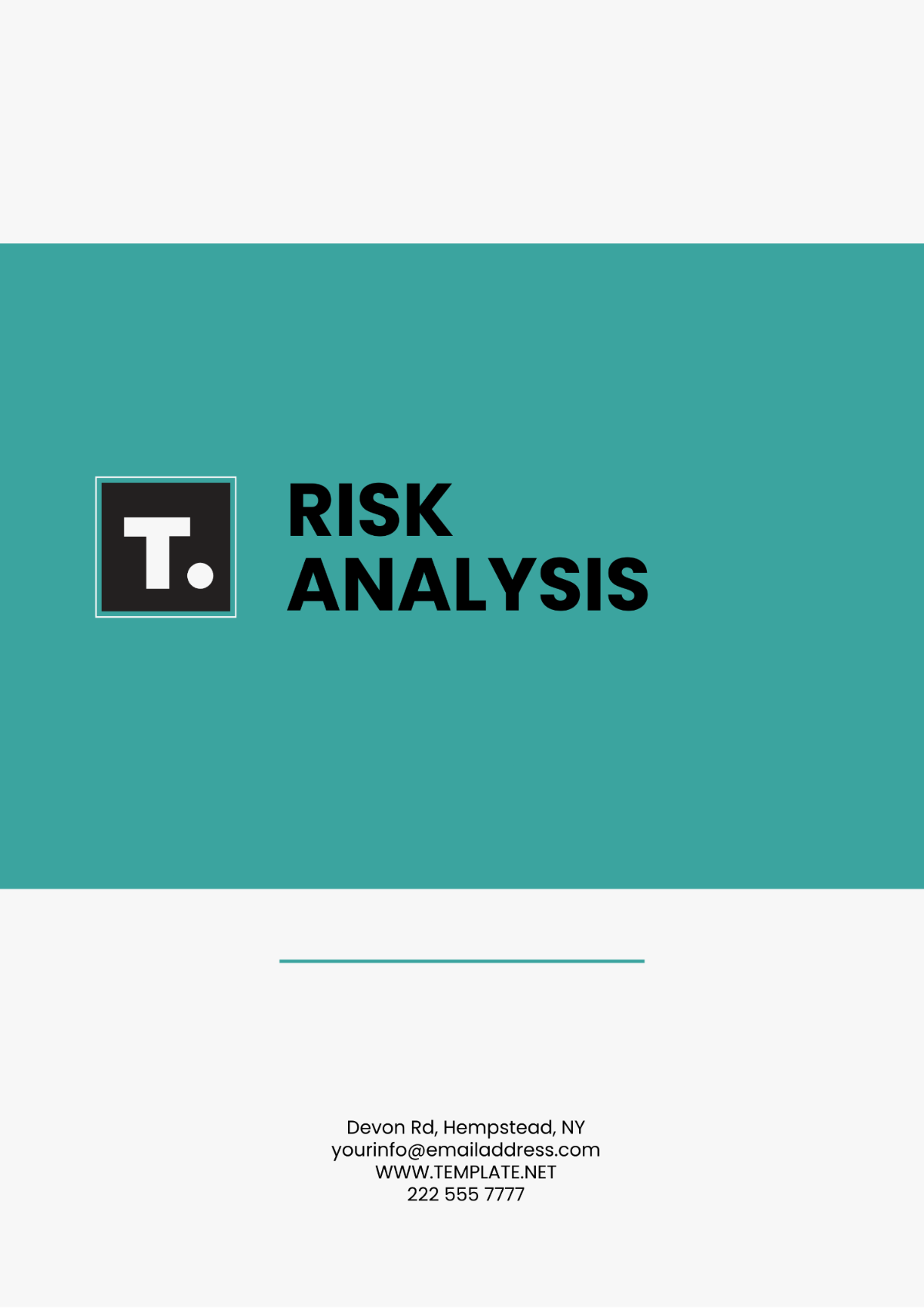PRINTABLE RISK MITIGATION PROJECT ANALYSIS
Prepared By: [Your Name]
Date: [Date]
Introduction
The objective of this analysis is to provide a comprehensive overview of a risk mitigation project with a focus on printable materials. Risk mitigation involves implementing strategies to manage and minimize potential risks, ensuring project stability and success. This document outlines various aspects of the risk mitigation project, employing a structured approach to address potential issues.
Scope of Analysis
Project Overview
This project aims to develop a suite of printable materials designed to aid in the identification and management of risks across various operational contexts. The materials will be distributed across departments to enhance awareness and preparedness.
Key Stakeholders
The critical stakeholders involved in this project include:
Project Management Team
Risk Managers
Operational Teams
Compliance Officers
Risk Identification
Identifying potential risks is the first step in risk mitigation. The following table outlines common risks associated with operational projects:
Risk Type | Description | Potential Impact |
|---|---|---|
Operational Risk | Issues arising from inadequate or failed processes | Delay in project completion |
Financial Risk | Budget overruns due to mismanagement of resources | Increased project costs |
Compliance Risk | Failure to adhere to laws or regulations | Legal penalties or sanctions |
Strategic Risk | Decisions that undermine project objectives | Loss of competitive advantage |
Risk Assessment
Risk Analysis Techniques
The project employs several risk analysis techniques to evaluate the potential impact and likelihood of identified risks:
Qualitative Risk Analysis: Uses rating scales to prioritize risks based on their potential impact.
Quantitative Risk Analysis: Involves statistical techniques to measure risk impact.
SWOT Analysis: Evaluates strengths, weaknesses, opportunities, and threats related to project objectives.
Risk Mitigation Strategies
Preventive Measures
Implementing preventive measures can significantly reduce the likelihood of risks occurring. These measures include:
Regular training for staff on risk management practices.
Development of standard operating procedures (SOPs).
Installation of monitoring systems to detect anomalies early.
Corrective Actions
When risks materialize, prompt corrective actions are crucial:
Incident reports and analysis to understand root causes.
Revising and updating risk management plans.
Implementing contingency plans to mitigate further impact.
Conclusion
This risk mitigation project emphasizes the creation and distribution of printed materials as a central strategy to improve risk awareness and handling across the organization. By fostering an environment of proactive risk management and preparedness, the project aims to minimize potential risks and enhance operational resilience.
Recommendations
To further strengthen risk mitigation efforts, the following recommendations are proposed:
Regularly update the printed materials to reflect new threats and risk management techniques.
Encourage continuous feedback from stakeholders to improve risk management processes.
Conduct periodic workshops and training sessions to keep all stakeholders informed and prepared.
By adhering to these guidelines and strategies, organizations can effectively manage and mitigate risks, ensuring long-term stability and success.


